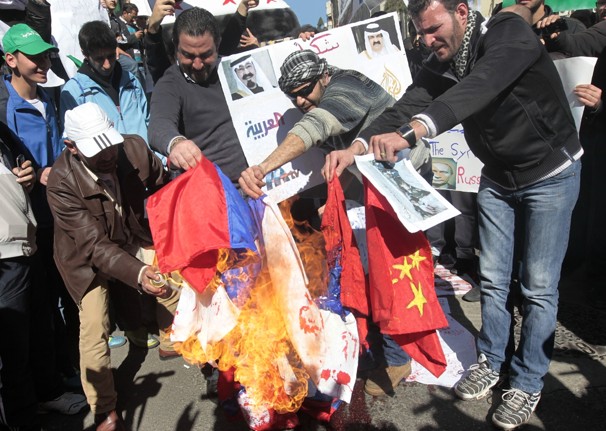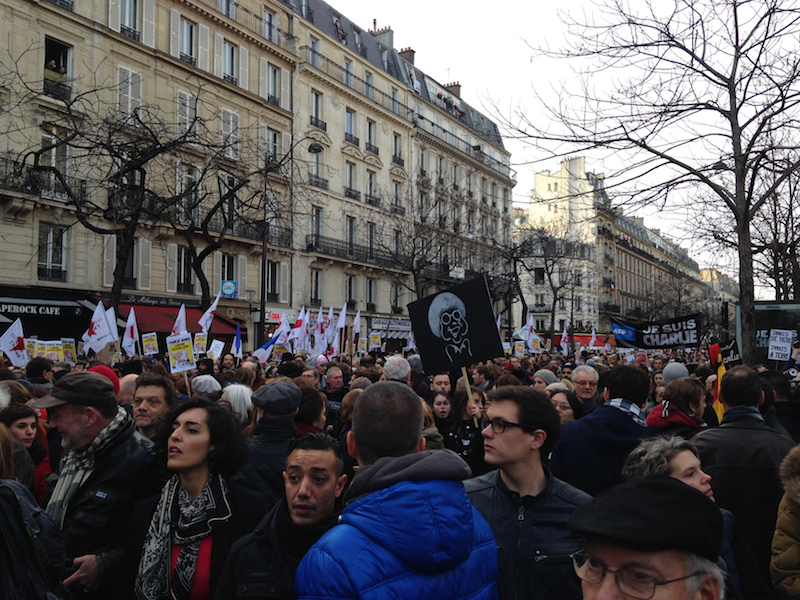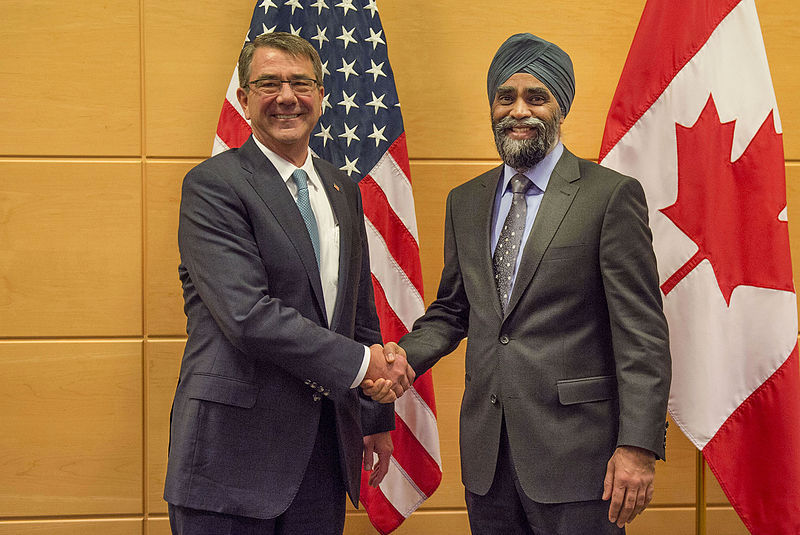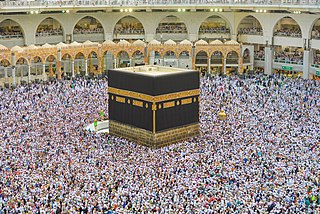On 5 December 2016, Russia and China vetoed the UN truce resolution in Syria at the latest UN Security Council meeting. This resolution was jointly proposed by Egypt, New Zealand and Spain for the purpose of a seven-day ceasefire in Syria’s war-torn city of Aleppo to allow flow of humanitarian aid and for trapped civilians to escape. While Russian-backed Syrian government forces continued their large-scale offensive in rebel-held territory of east Aleppo, Vitaly Churkin, Russian UN envoy, explained Russia’s rejection stating that the resolution infringed the council rule of allowing 24 hours to consider the final wording of a draft. The US’ deputy UN envoy, Michele Sison, called Russia’s reasoning to be a ‘made-up alibi’, affirming that Russia’s true motivations lie in protecting recent military gains of Syria’s government troops in Aleppo.
This is Russia’s second veto on Aleppo since October, blocking a ceasefire resolution for Syria both times. On 1 December 2016, a few days before the vote on the ceasefire, Russia promised four safe passages that would allow UN and Red Cross backed forces to help 100,000 civilians trapped in the war zone. However, on that date, Syrian forces only held one third of rebel-held east Aleppo. Once Syrian forces began quickly capturing more of east Aleppo, the Russian government began to stall negotiations on opening safe passages during the same week, worrying that rebel forces would be able to regroup. Within days, Syrian forces have been able to capture between 70-85% of ex-rebel area by the time of the UN resolution vote. Due to the prolonging of negotiations, restriction of safe passages, and constant bombardment in east Aleppo it is not a surprising that the Russian Defence Ministry claimed that Syrian forces controlled 93% of east Aleppo by 10 December.
The Russian-backed Syrian forces are seen to capture the rest of east Aleppo within a week after Russia’s declaration of the Syrian government occupying 93%. By 13 December some reports and Churkin indicated that Syrian forces established full control of Aleppo, and stopped the bombing Tuesday afternoon. However, bombardments and violence have resumed as of Wednesday morning, as some rebel forces are present in a small area of east Aleppo. While each side of the current conflict blames each other for initiating yet another altercation, there has been little regard for the resulting delay in humanitarian assistance and the blocking of safe passages.
Aleppo and its residents are in dire need of a ceasefire to escape their current atrocious conditions. 11 UN Security Council members desperately backed this ceasefire resolution to at least create a temporary peace and allow the flow of humanitarian aid to Aleppo’s civilians, who are all in dire need due to the havoc that the repetitive bombing led by the Russian and Syrian governments has had on the region since mid-september, as Human Rights Watch confirms. The Syrian Arab Red Crescent (SARC) and the International Committee of the Red Cross (ICRC) will be continuing and expanding their joint operations to get people to safety and provide medical assistance. The Red Cross operations have been, without exaggeration, heroic. However, as the Chairman of the UN’s Humanitarian Taskforce for Syria, Jan Egeland correctly stated, “evacuations should not happen like that.”
It has been one of the most intense bombing campaigns on Aleppo ever, as the UNESCO protected area has become a massive burial ground for civilians and soldiers alike. Aerial attacks killed at least 440 civilians, including more than 90 children, and created more than 950 new bomb sites in just one month. Take for instance these few particular indiscriminate bombings: (a) 23 September, Al-Kallaseh neighbourhood saw at least 16 civilians killed in one strike, (b) 27 September, Al-Sha’ar neighbourhood witnessed at least 24 civilians killed, (c) 11 October, at least 35 civilians killed in Bustan Al-Qasr neighbourhood.
The most problematic factor in Aleppo’s current situation, is the use of unlawful indiscriminate weapons by the Assad regime, including incendiary weapons, cluster munitions, widespread bombing resulting in the general destruction of Aleppo and the killing of countless civilians without any regard. Between 100,000 to 200,000 civilians remained in east Aleppo under the threat of constant bombing, with an extreme lack of food and medical assistance. Numbers are unreliable since it is not possible to accurately confirm how many are left alive. The British UN Ambassador, Matthew Rycroft, warned Churkin on Russia’s veto, “Thanks to your actions today, Syrians will continue to lose their lives in Aleppo… Please stop now.” The French Foreign Minister, Jean-Marc Ayrault added to that warning, “if we don’t do something, [Aleppo] will soon just be in ruins and… if the international community does not wake up it will share the responsibility.” 223 civil society organizations are calling on UN General Assembly to intervene and end these abuses, however looking back to September 9 and October 8, Russia’s rejections constantly block all peaceful breaks for Aleppo, and it is highly unlikely that the UN Security Council will be able to implement a successful resolution any time soon.
On December 8 2016, Major-General Igor Konashenkov announced that combat operations were temporarily suspended and many people started to rapidly flee. Konashenkov declared that Russia intended on ‘liberating’ east Aleppo after civilians were removed, to which Russia’s Foreign Minister, Sergei Lavrov, added that Russia would continue bombing Aleppo until the rebels are completely eliminated. Although Russian officials claimed that safe passages and a temporary ceasefire had been established, rebel groups, civilians and the UN Human Rights office disagreed with this declaration as constant bombardment was present. No evidence of such safe passages existing at that time was confirmed. Although Russia and Syria’s ceasefire was confirmed Tuesday afternoon, it did not last more than 24 hours.
Konashenkov’s concerning definition of ‘liberation’ most likely meant that Russia would not stop its assault on Aleppo until all rebel forces are annihilated, even if it required civilian casualties. US and Russia have met several times over the past week, but no agreements had been settled on a ceasefire or civilian evacuation. Instead, the Kremlin will continued to hinder resolutions, to give enough time for Syrian forces to eliminate all rebel forces. UN Security Council was and still is at a political gridlock, there is lack of international input, a lack of humanitarian aid, Syrians are dying, and the Assad government is incredibly close at eliminating all rebels in Aleppo. Aleppo has turned into a modern version of Stalingrad: a city of ruins enclosing a bloody fight from street to street, room to room, with no option of escape, soldier or civilian. Civilians need to be prioritized, and unfortunately in this situation, Russia is the only actor that has the power to acknowledge its destructive behaviour towards human life and to stop this civilian bloodshed.
Photo: Syrians burning Russia and China flags in protest of their support of the Assad regime with their veto, February 2012. By Hussein Malla, Associated Press, From The Daily Beast. Licensed under CC 2.0
Disclaimer: Any views or opinions expressed in articles are solely those of the authors and do not necessarily represent the views of the NATO Association of Canada.




